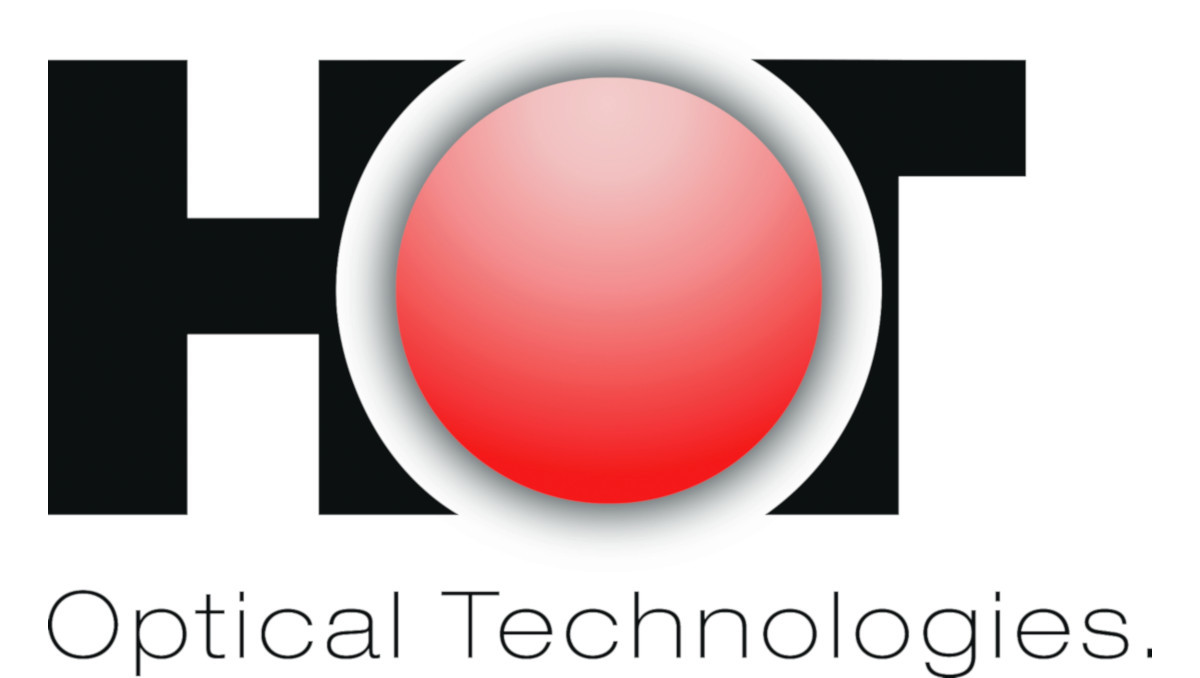Im Bereich der Computational Meta-Photonics und der integrierten Optik werden in der Forschungsgruppe von Prof. Calà Lesina "Computational Photonics" verschiedene Themen für Masterarbeiten (30 Credits, 6 Monate) angeboten. Prof. Calà Lesina ist Mitglied von PhoenixD und Leiter der Forschungsgruppe "Computational Photonics" am HOT - Hannover Centre for Optical Technologies.
Die folgenden Themen sind verfügbar:
1) Inverse design of metasurfaces integrated on the tip of optical fibers
Optical metasurfaces represent a revolutionary platform to manipulate the behaviour of light at the nanoscale. They can reduce the footprint of traditional optical components, and achieve optical properties otherwise not available (beam steering, wavefront manipulation, polarization control, etc), thus finding applications in all domains of optics and photonics. The student will work with the simulation software Ansys Lumerical, Meep, and/or Tidy3D, also exploiting high-performance computing, to perform the inverse design via topology optimization of metasurfaces realized on the tip of optical fibers.
2) Inverse design of integrated optics for single photon emission and routing
Complex integrated optical waveguides can be designed to promote the emission of single photons from quantum dots and direct the radiation along a desired path. This finds applications in optical computing and quantum technologies. The student will work with the simulation software Ansys Lumerical, Meep, and/or Tidy3D, also exploiting high-performance computing, to perform the inverse design via topology optimization of integrated optical waveguides to enhance photon emission and propagation in a desired direction through the optical circuit.
Erforderliche Qualifikationen für alle Arbeiten:
- Sehr gute Kenntnisse in mindestens einer Programmiersprache (Python, Matlab, C++)
- Sehr gute Kenntnisse in Wellenoptik und Elektromagnetik (auch durch den Besuch der Lehrveranstaltungen von Prof. Calà Lesina erworben)
- Ausgezeichnete Kommunikation in Englisch
Für die Bewerbung bitte den Lebenslauf und die Transkripte an das Büro von Prof. Antonio Calà Lesina (office-calalesina@hot.uni-hannover.de) senden.
Je nach Qualifikation des Kandidaten können diese Themen auch an den Arbeitsaufwand und die Dauer eines Projekts angepasst werden (10 Credits, 3 Monate).




